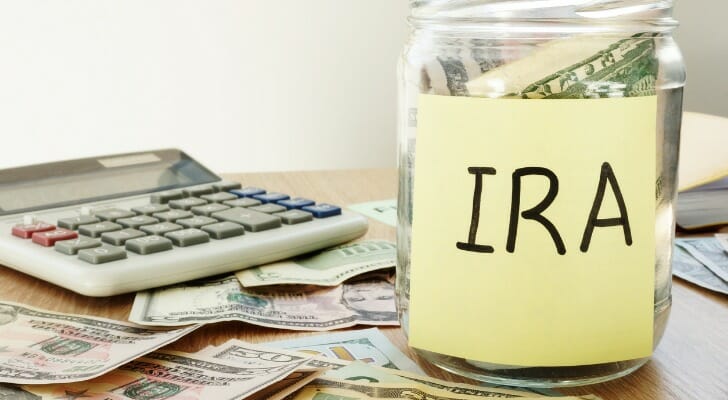No matter how much you might plan, unexpected events occur and sometimes you are forced to withdraw funds from your retirement savings early. While this may seem like an easy way to get cash quickly, early withdrawals can come with heavy penalties and costly tax consequences. Here’s some important info for people to consider before they dip into their hard-earned retirement savings.
Impact On Your 401(K), 403(B) And 457(B) Retirement Plans
You might have certain plans known as 401(k), 403(b) or 457(b) retirement plans and they can distribute benefits only when certain events occur. The plan’s summary description should clearly state when a distribution can occur. It will also state if the plan allows hardship distributions, early withdrawals, or loans.
Note the differences in these distributions.
- Hardship distributions are withdrawals from a participant’s account made because of an immediate and heavy financial need and it’s limited to the amount necessary to satisfy that financial need. The need of the employee includes the need of the employee’s spouse or dependent.
- Hardship distributions are includible in gross income unless they consist of designated Roth contributions. This is important so let’s make it clear. What you take out as a “hardship distribution” will be added to your gross income — and it’s taxable. The exception is if you have a Roth IRA, as these are funded with after-tax money, and there is no tax deduction for their contribution..
- Distributions before the participant turn 65, or the plan’s normal retirement age, if earlier, may result in an additional income tax of 10% of the amount withdrawn. Let’s be clear about this point too. There can also be a 10% tax penalty.
- Repaying hardship distributions back to the plan or rolling it over to another plan or IRA isn’t permitted. And let’s be clear about this: you can’t pay the money back to your plan. That means be certain you really need to withdraw the money before you take it out of your retirement plan.
Taking Out a Loan
Your retirement plan, however, might allow for loans. If it does you can repay the loans and if the loans are repaid within certain rules and schedules you can avoid taxes and penalties on these loans. Ask your plan administrator for details.
When You Have to Take Money Out
We should also mention when you have to take money out of your retirement account because you are required to do so. Under the law, taxpayers must make a required minimum distribution (withdrawal from their retirement account) each year beginning with the year that the taxpayer turns 72. If the taxpayer turned 70 and a half in 2019 then the taxpayer was also required to start taking distributions.
However, there are no required minimum distributions if your retirement was in a Roth IRA.
Ask your plan administrator for details about required distributions including how much you must withdraw.
Rules For IRAS And Ira-Based Plans
Let’s also discuss the rules for IRAs and IRA-based plans. You can take distributions from your IRA, SEP-IRA, or SIMPLE-IRA at any time. Taxpayers do not need to show a hardship to take a distribution from these types of retirement accounts. All you have to do is contact the bank or broker handling your account and ask for your money.
Early distributions occur when individuals withdraw money from an Individual Retirement Account or retirement plan before age 59½. These retirement plan distributions are subject to income tax. Individuals must also pay an additional 10% early withdrawal tax unless an exception to the early distribution tax applies. There were certain exceptions because of the Covid Pandemic. Ask your tax professional about these exceptions.
If you are ordered to take an early IRA distribution because of a divorce, not that early distributions are subject to regular income tax and the 10% penalty unless there are qualified exceptions. Again, ask your tax professional.
We Offer A Free Consultation
As always, we offer a free consultation about tax issues. Call us. We have tax attorneys, CPAs, and Enrolled Agents who can answer your questions, including how to resolve your IRS debt.





